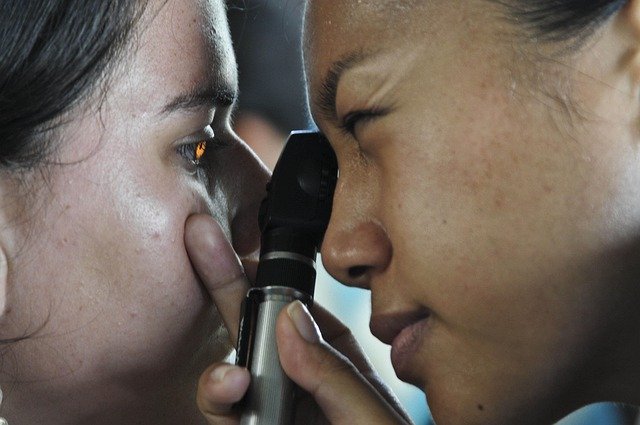Bipolar Test Basics — What a Quick Screen Reveals
Noticing dramatic mood shifts and bursts of energy followed by deep lows? Self-guided bipolar screening tools can highlight patterns worth sharing with a professional. Learn how questionnaires work, their limits, and the next steps toward a fuller mental health picture.

What Is a Bipolar Screening Questionnaire?
A bipolar screening test is a structured set of questions designed to identify potential symptoms of bipolar disorder. These assessments typically evaluate mood patterns, energy levels, sleep changes, and behavioral shifts over time. Most questionnaires take 5-15 minutes to complete and focus on both manic and depressive episode indicators.
How Do Online Bipolar Tests Score Results?
Most screening tools use a point-based system to evaluate responses across different symptom categories. Questions typically assess frequency and severity of mood swings, sleep disruptions, and behavioral changes. Results usually indicate whether symptoms suggest low, moderate, or high likelihood of bipolar traits, though scoring methods vary between different screening tools.
What Are the Limitations of Self-Screening Tools?
Online bipolar tests have important limitations to consider. They cannot diagnose bipolar disorder, as this requires comprehensive evaluation by a mental health professional. These screenings may miss nuanced symptoms, context, and other mental health conditions that share similar features. They serve best as conversation starters with healthcare providers.
What Key Symptoms Do These Tests Look For?
Screening questionnaires typically assess:
-
Periods of elevated mood or irritability
-
Decreased need for sleep
-
Racing thoughts or increased talkativeness
-
Risky behavior or poor judgment
-
Episodes of depression
-
Changes in energy levels and activity
-
Impact on daily functioning
When Should Someone Seek Professional Assessment?
If a screening test indicates potential bipolar symptoms, or if you experience significant mood swings affecting your life, consulting a mental health professional is recommended. Warning signs warranting immediate attention include thoughts of self-harm, severe depression, or manic episodes that impact safety or decision-making.
What Are the Next Steps After Taking a Screening Test?
Following a bipolar screening, several paths are available:
| Action Step | Timeline | Purpose |
|---|---|---|
| Primary Care Visit | Within 2 weeks | Initial medical evaluation |
| Psychiatric Consultation | 2-4 weeks | Comprehensive assessment |
| Psychologist Referral | 1-3 weeks | Therapeutic support |
| Support Group Connection | Immediate | Peer support and resources |
Prices, rates, or cost estimates mentioned in this article are based on the latest available information but may change over time. Independent research is advised before making financial decisions.
Remember that screening results are just one piece of the mental health puzzle. A qualified healthcare provider can offer proper evaluation, diagnosis, and treatment planning tailored to individual needs and circumstances.
This article is for informational purposes only and should not be considered medical advice. Please consult a qualified healthcare professional for personalized guidance and treatment.




